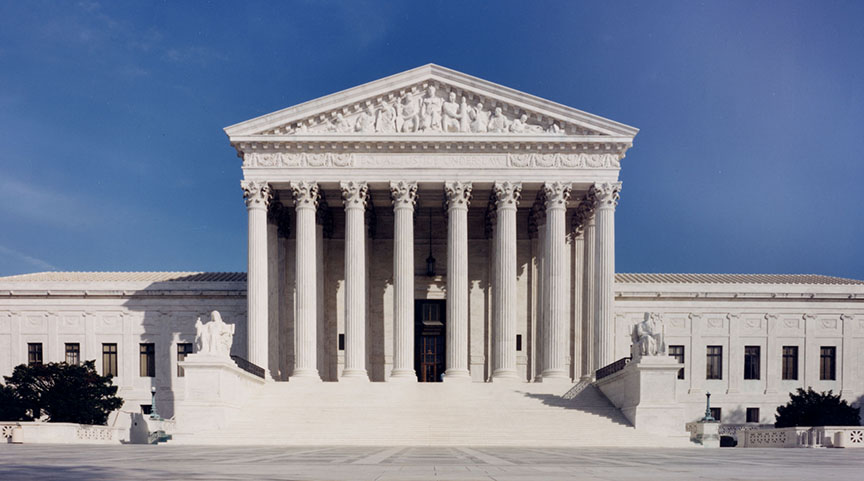In the the wake of the Supreme Court's decision that argues the U.S. constitution provides no right to an abortion, legal experts from the University of St. Thomas School of Law were interviewed about the legal implications of the ruling.

On KARE 11's "Breaking the News," law professor Rachel Paulose broke down the decision, what Minnesotans should know and what could change.
From the interview: "Nothing will change in Minnesota for two reasons: First because of the case law. In the case of Doe v. The State of Minnesota, the Minnesota Supreme court said that women in Minnesota had more rights under the Minnesota state constitution than they did under the federal constitution. States can do that, they can add to one's rights, they cannot take away one's rights. The court said in that case that women in Minnesota had a privacy right to an abortion.
Secondly, we know that Governor Tim Walz and Democratic leaders who control the legislature have vowed to keep abortion legal. I think, if anything, Minnesota will become a place where more woman come to procure abortions because it will be illegal in other states."

Law professor and director of the St. Thomas Prolife Center, Teresa Collett, was interviewed by KARE 11, saying she believes the Supreme Court acted more like lawmakers when it established when and how abortion would be protected nationwide in the original Roe decision.
"The court deliberately and intentionally usurped the rights of the states to continue the discussion among their citizens and to make the laws that reflected the views of their citizens."
She also argues the constitution doesn't protect abortion, nor any protected right to have one.
From the interview: "In Roe v. Wade, the constitution literally said whether this right is found in the 14th amendment due process clause, the ninth amendment or some other part of the constitution., we believe it exists...If you're going to say something is a constitutional right, you need to be able to identify its source in the constitution."

Collett was also featured as an expert on USA Today Opinion's live panel with analysis of the decision to overturn Roe v. Wade.







